Description
Pillow Time Tea

Pillow Time Tea
“Pillow Time Tea” contain herbs that are traditionally associated with relaxation and calming effects. This combination includes rich aromas and the synergistic effects of the herbs. Here are some common herbs that are often included in bedtime tea and their potential benefits:
- Chamomile:
- Chamomile is widely known for its calming properties. It contains compounds like apigenin, which may have a mild sedative effect and help promote relaxation.
- Lavender:
- Lavender is known for its soothing aroma and potential calming effects. Some teas may include dried lavender flowers or lavender essential oil.
- Valerian Root:
- Valerian root is an herb that has been traditionally used to promote relaxation and improve sleep quality. It may have mild sedative effects.
- Passionflower:
- Passionflower is often used for its calming and anxiety-reducing properties. It may help promote relaxation and improve sleep.
- Lemon Balm:
- Lemon balm is a member of the mint family and is known for its mild calming effects. It may help reduce stress and anxiety.
- Peppermint:
- While peppermint is more commonly associated with stimulating effects, it is sometimes included in bedtime teas for its pleasant flavor. Some individuals find it soothing.
- Licorice Root:
- Licorice root is used for its sweet flavor and may be included in herbal blends for taste. However, it’s important to note that excessive consumption of licorice can have health implications, and it may not be suitable for everyone.
- Hibiscus:
- Hibiscus flowers are often used to add color and flavor to herbal teas. While not specifically known for sedative effects, hibiscus may be included for its pleasant taste.
It’s important to read the ingredient list of any tea blend product to know exactly what herbs it contains. Additionally, individual responses to herbal teas can vary, and it’s advisable to consult with a healthcare professional if you have any concerns or if you are pregnant, nursing, or taking medications.
Steeping tea for a longer duration of time will increase its strength. While herbal teas can be a comforting part of a bedtime routine, it’s crucial to address underlying factors that may affect sleep, such as sleep hygiene, stress management, and a consistent sleep schedule. If you have persistent sleep issues, it’s advisable to consult with a healthcare provider for a comprehensive assessment and guidance.

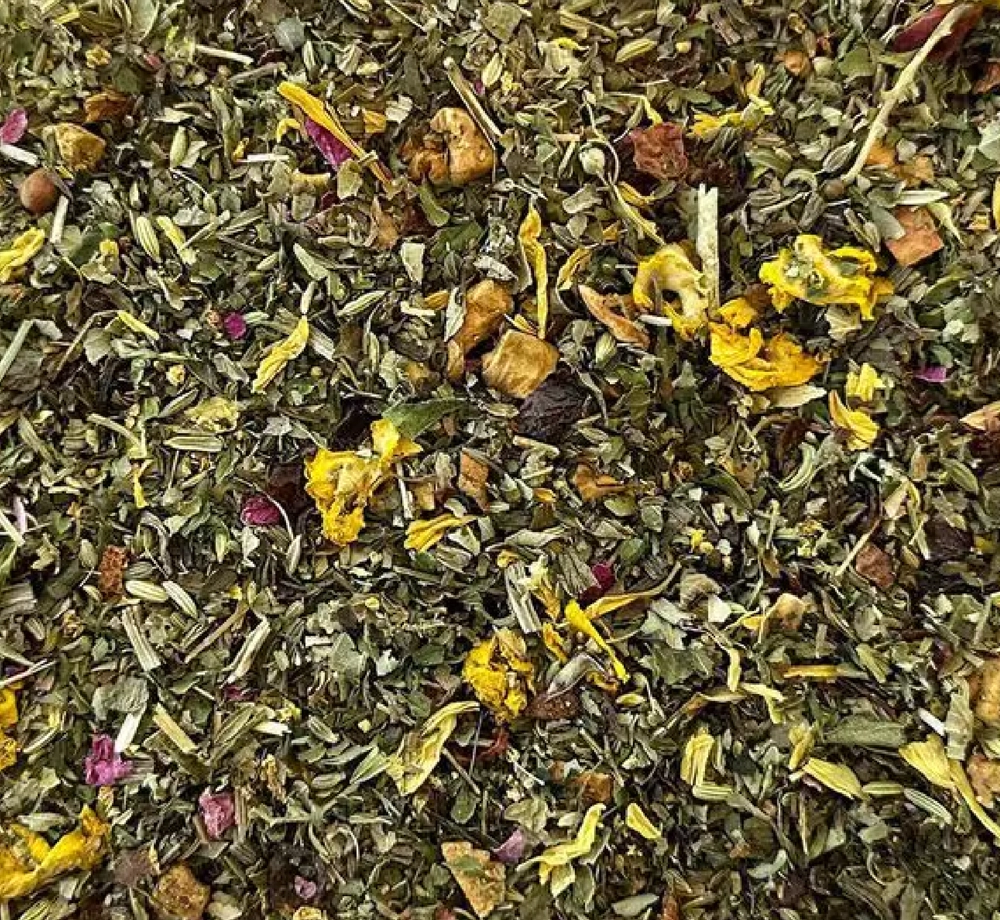
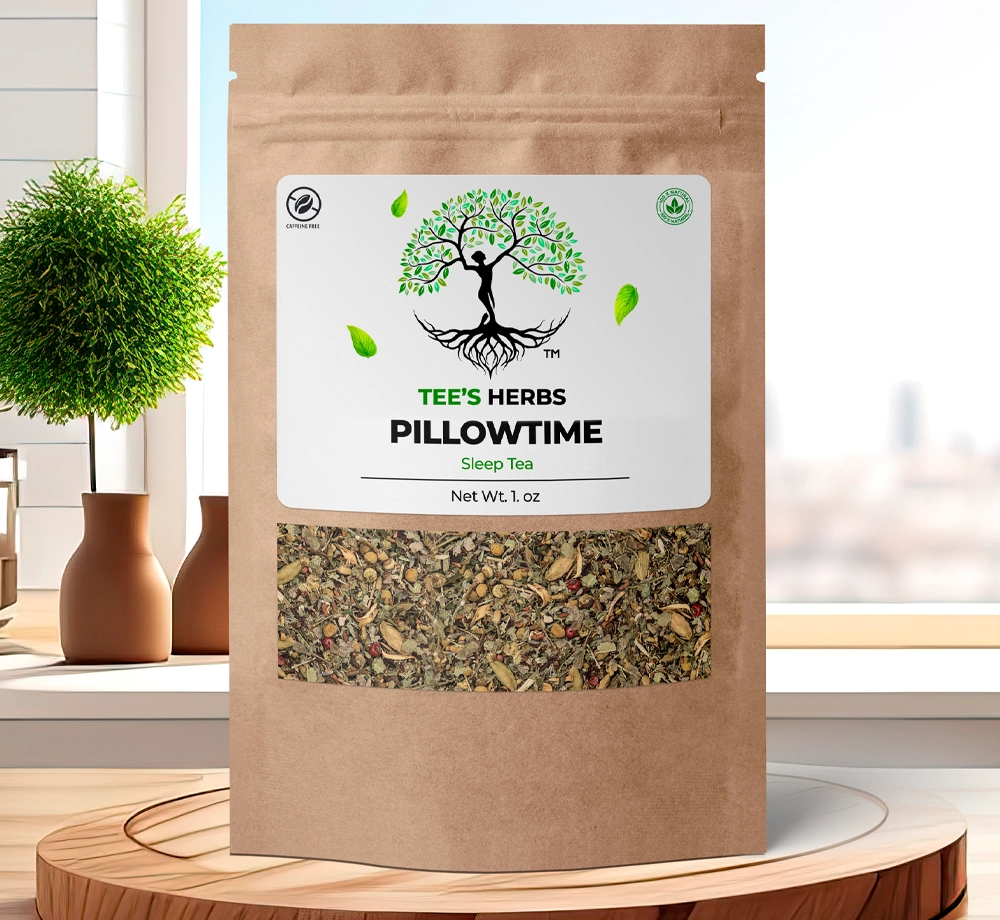
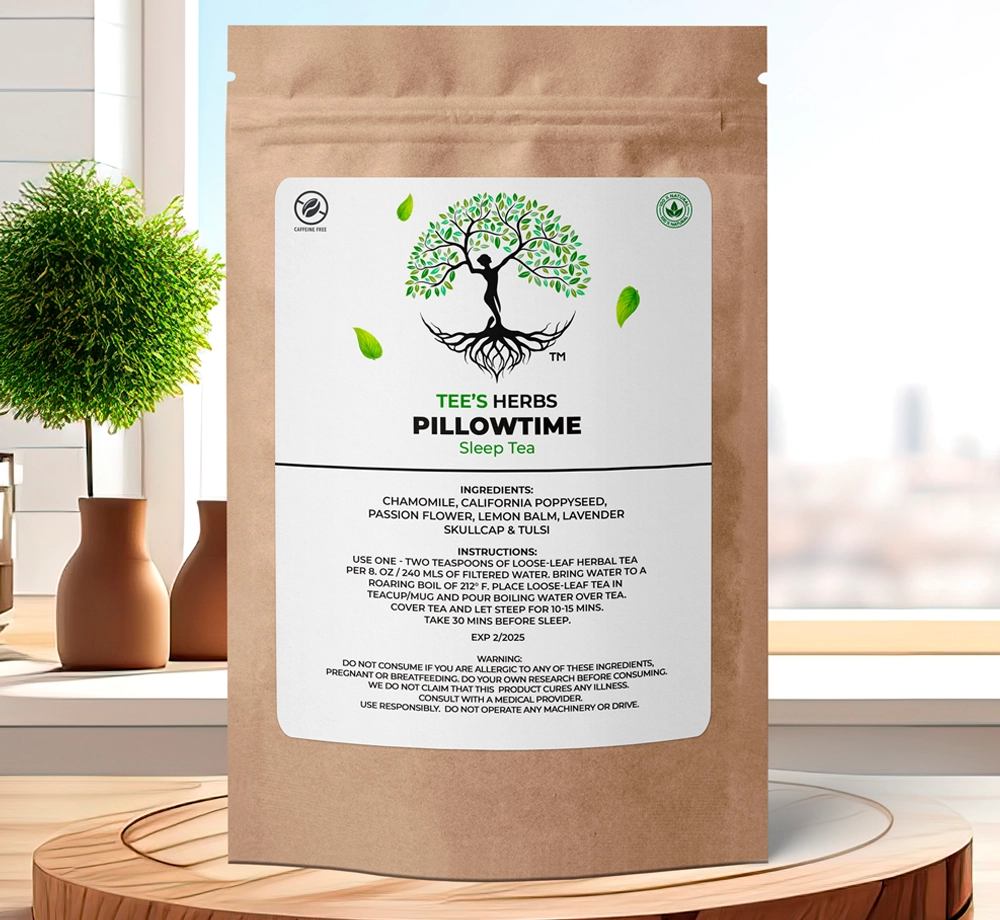

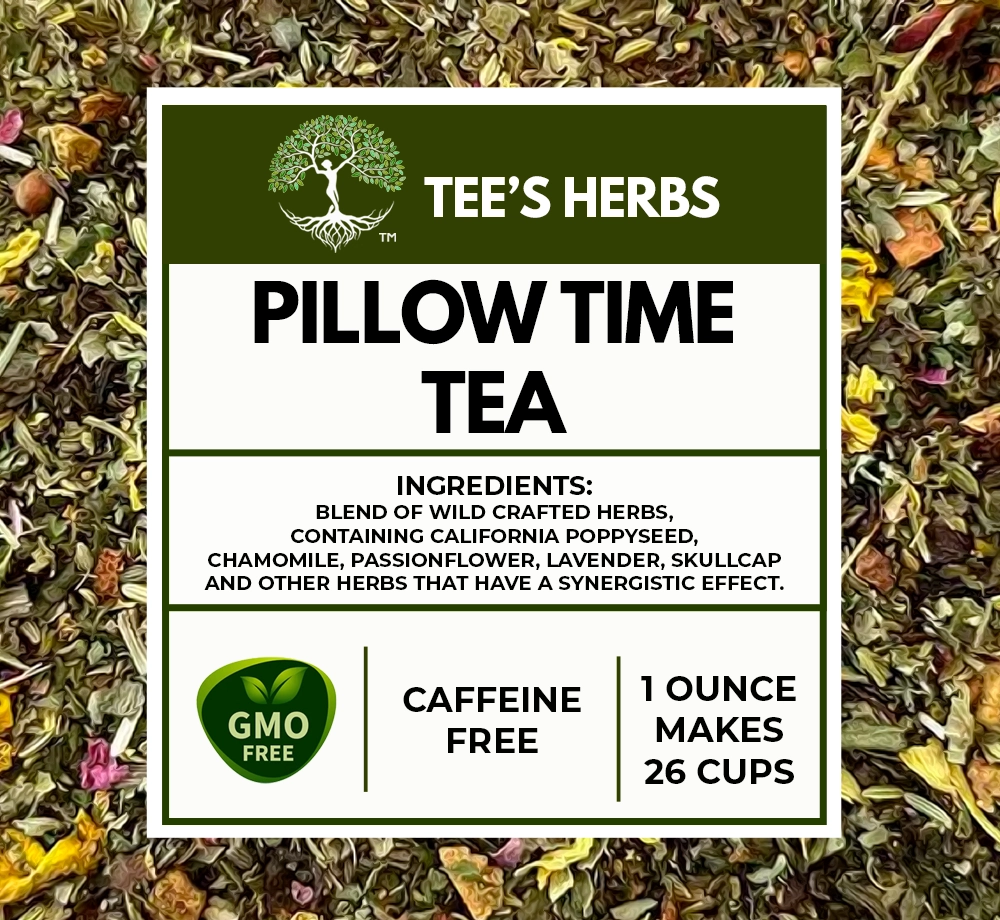
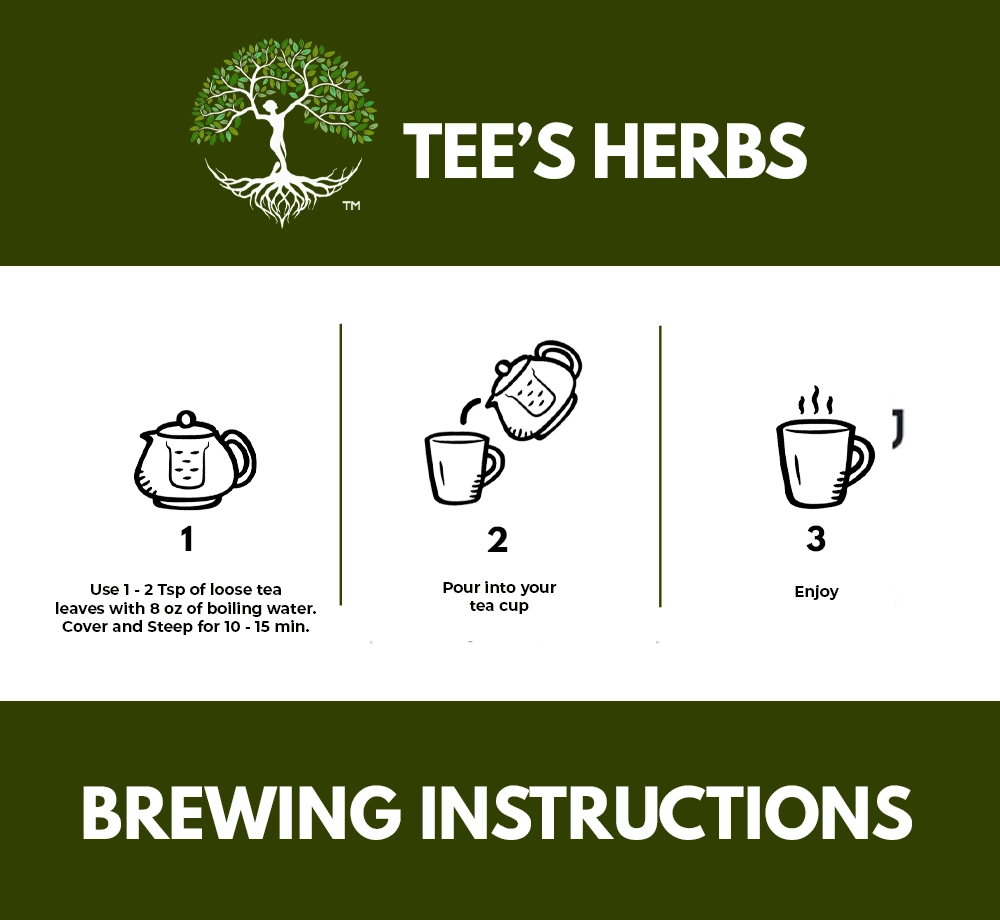
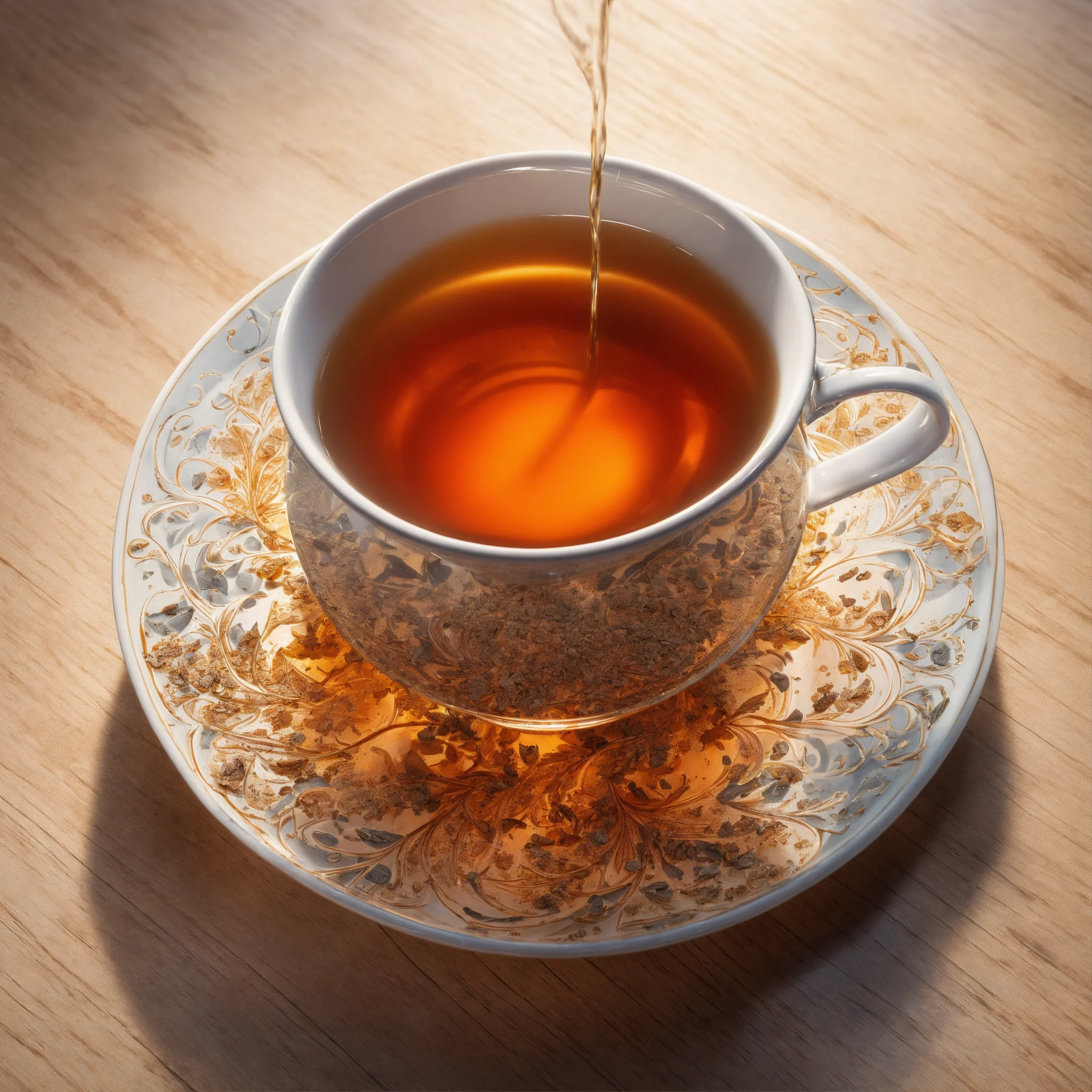
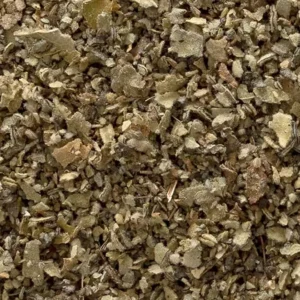
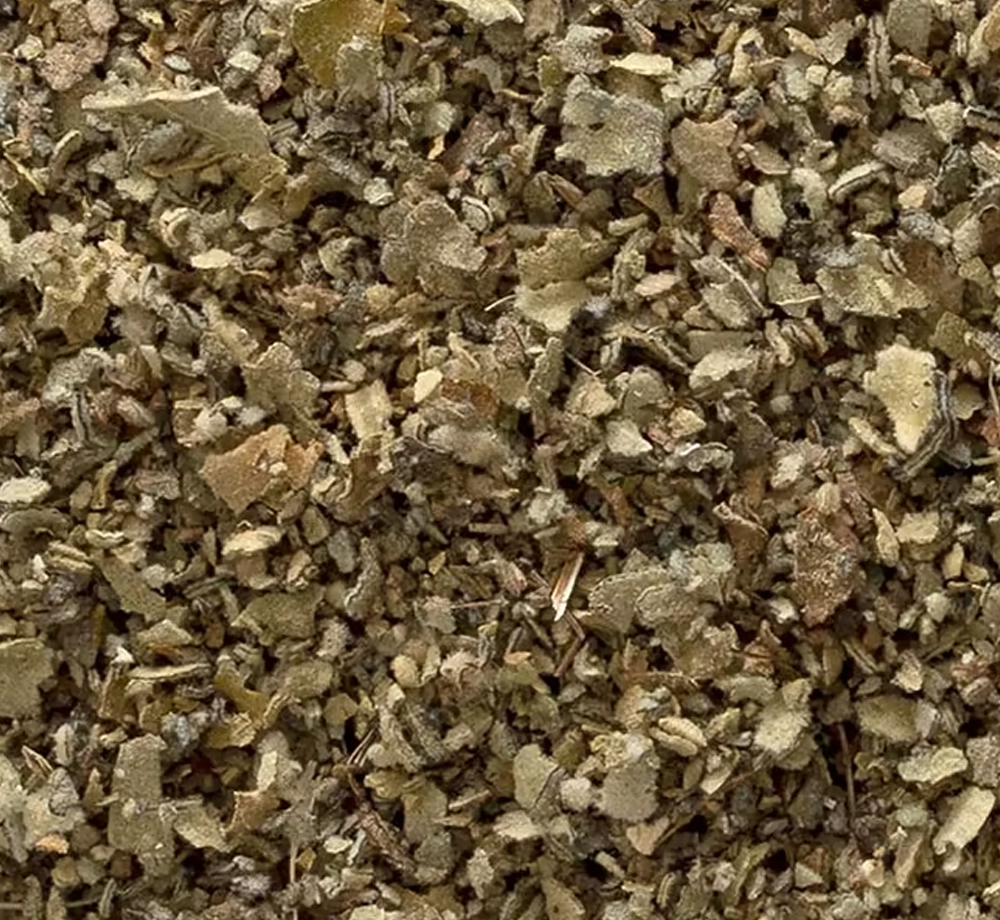
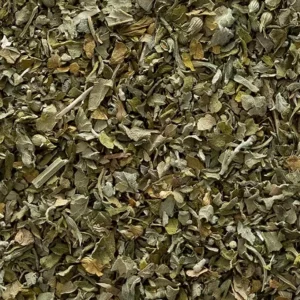
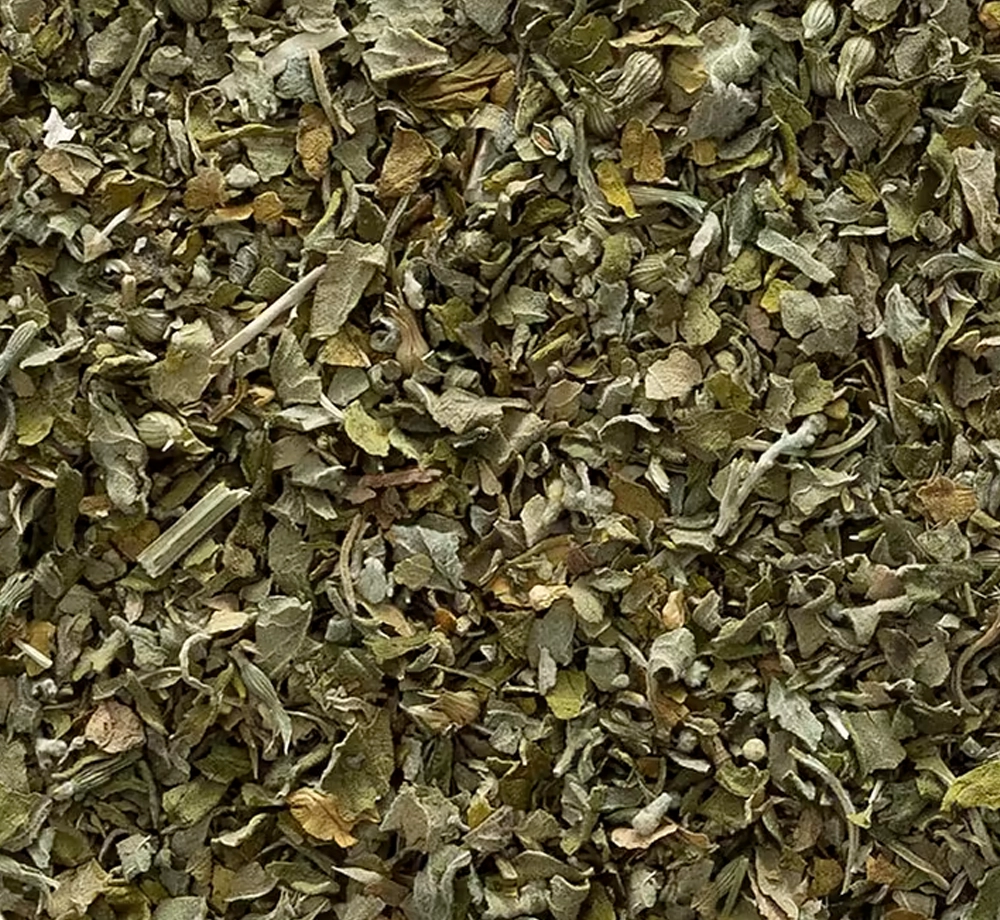
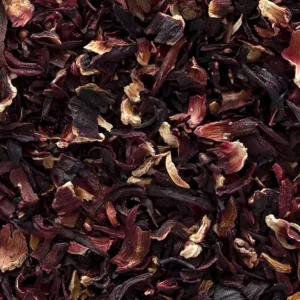
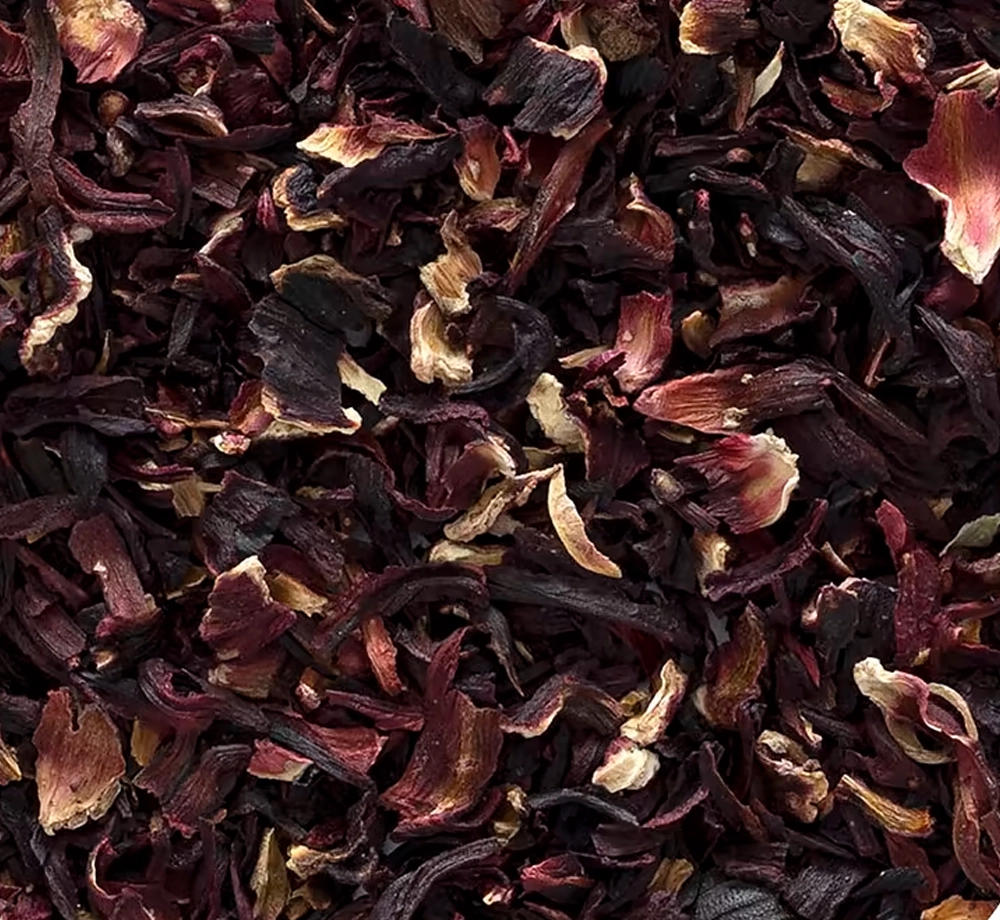
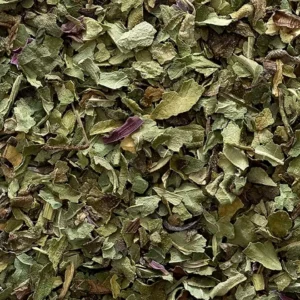
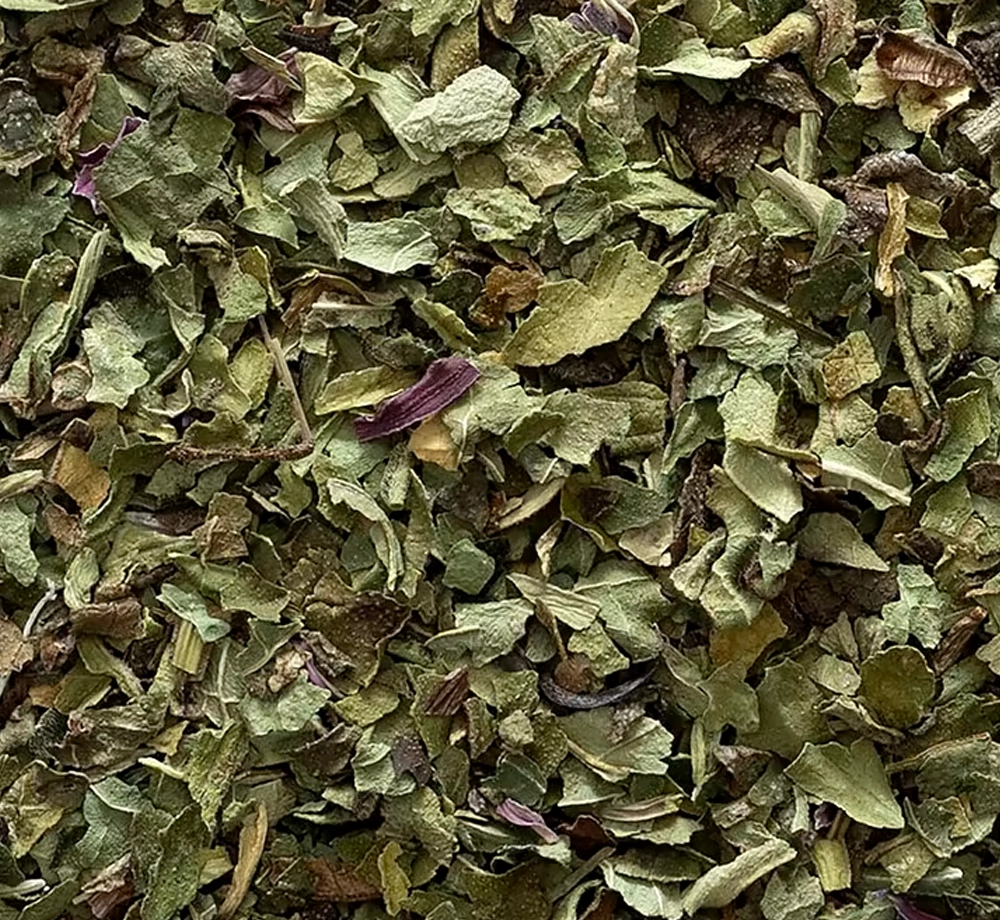
Reviews
There are no reviews yet.